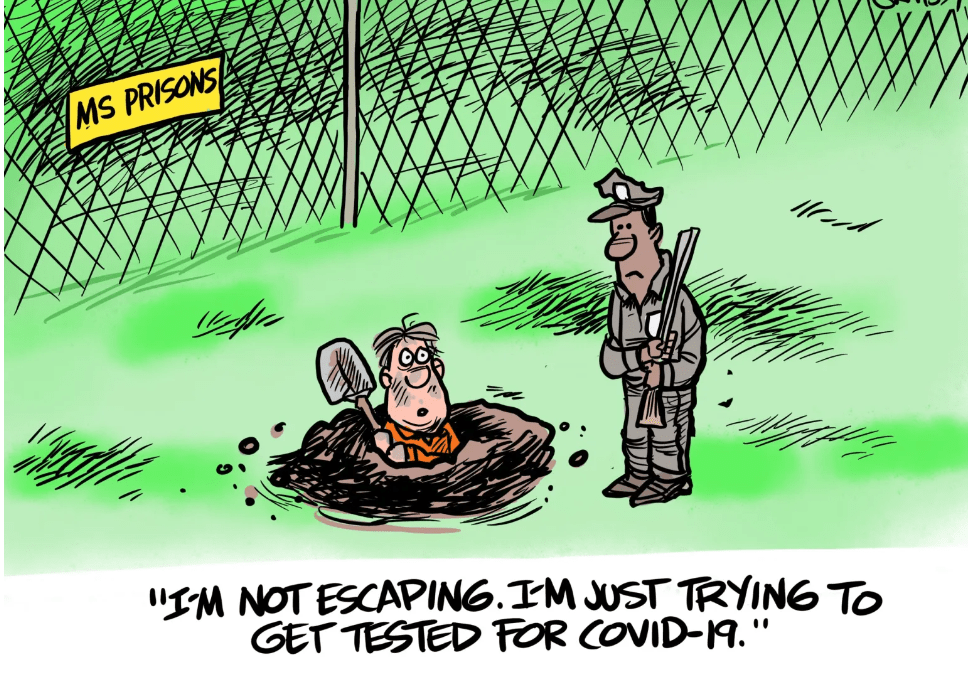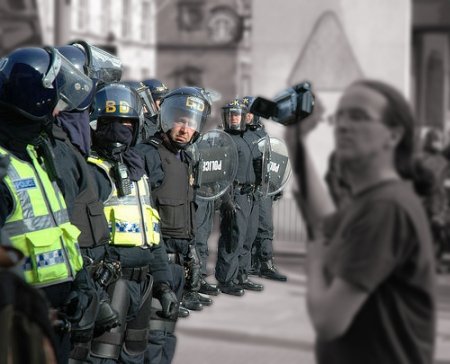
(Source) As the pandemic ramped up during 2020, leaving a deadly impact on America, it left a foreseeable and catastrophic effect on incarcerated individuals that is still felt today. During COVID-19, there were more than half a million infections behind bars and over 3,000 deaths in prisons and jails. During the first 15 months

(Source) America incarcerates people at a higher rate than any country in the world. The highly politicized War on Drugs led to a spike in incarceration, particularly in lower-income and minority communities. Although the prison population in the United States has declined since 2016, incarceration and recidivism rates remain high. According to a study

Michaela Dudley examines a potential solution for uncovering police brutality in light of the recent jury verdict against the City of Chicago.
